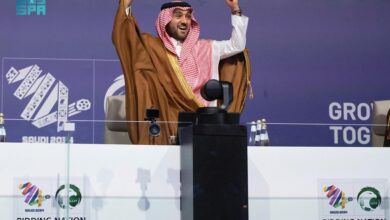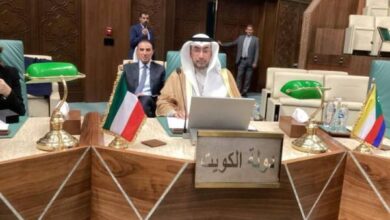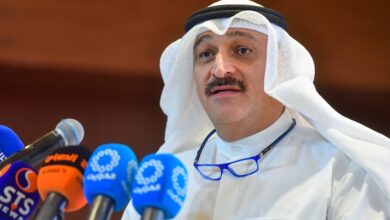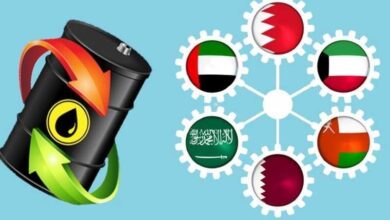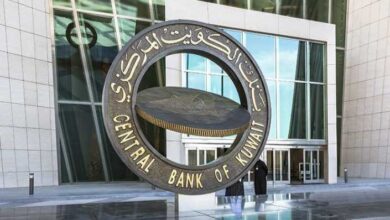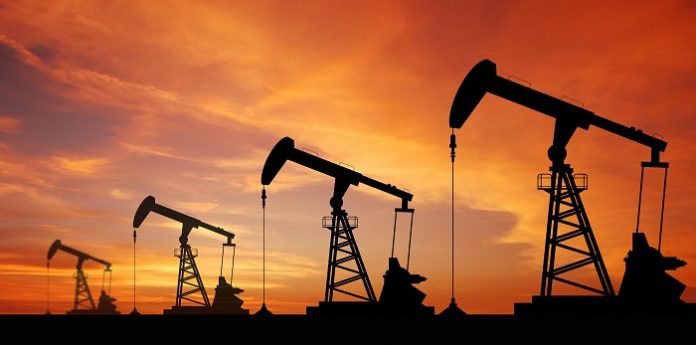
MEED magazine, in its assessment of global investments in infrastructure projects, highlighted these endeavors as the primary catalyst for construction industry activity on a global scale.
The publication emphasized that the substantial surpluses from oil revenues in the Gulf countries provide a conducive environment for accelerating investments in the construction sector until 2027, reports Al-Anba daily.
This is attributed to their ongoing commitment to robust economic diversification initiatives. The report specifically pointed to notable evidence of this trend in the Gulf Cooperation Council countries.
For instance, in the Kingdom of Saudi Arabia, significant projects are underway to stimulate economic growth, particularly through sustained investments in transportation infrastructure. This includes initiatives aimed at enhancing performance and connectivity through the implementation of metro systems and rapid transit projects, with notable examples such as the NEOM project.
One noteworthy development occurred in May 2023, with a $2 billion agreement signed to establish a 57 km railway line connecting the Oxagon Industrial City to The Line project. The Kingdom’s ambitious vision, Saudi Vision 2030, also sets formidable targets for renewable energy capabilities. Saudi Arabia has committed to achieving carbon neutrality by 2060 and generating 50% of its energy from renewable sources by 2030.
Examining the broader Middle East and North Africa (MENA) region, Qatar and the UAE emerge as standout performers, boasting relatively high levels of investment in infrastructure projects relative to their GDP. Additionally, these countries are recognized for maintaining a high standard of infrastructure quality.






